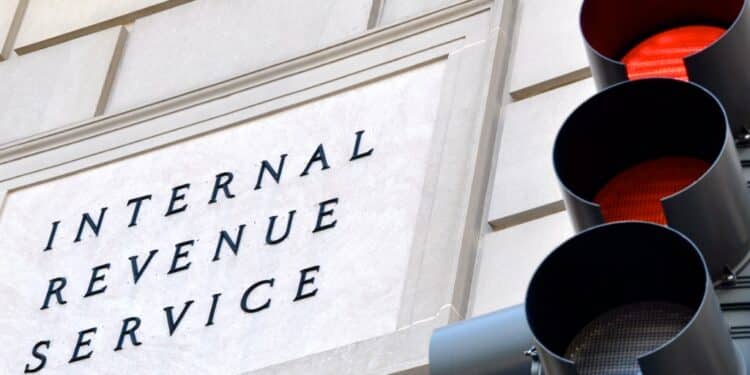In a completely reactionary and spiteful effort, the U.S. government is double taxing whistleblowers for their attorney fees under an important tax whistleblower law. Specifically, the Internal Revenue Service (IRS) is double-taxing whistleblowers who report through the Section 7623(a) – or “Section A” – program, a part of the IRS Whistleblower Program which alerts the service about tax evasion under $2 million.
Double taxation occurs when the whistleblowers are taxed for their entire award, including the portion given to the whistleblower’s lawyer, even though the lawyer is also taxed for this sum. In other words, whistleblowers pay a tax on money they never saw and for which their lawyers pay their fair share of taxes.
Imagine, for instance, that a whistleblower obtained a $600,000 award, the maximum award for a Section A IRS whistleblower. Let’s also assume that the whistleblower was represented by a lawyer on a contingency basis, meaning that the attorney and client agreed that if the whistleblower won their case, the attorney would receive a third of the award. Therefore, the whistleblower would receive $400,000 and the lawyer $200,000 in this case. However, the whistleblower would be required to pay taxes on the entire $600,000 sum, even though the attorney would also be taxed for their $200,000 share.
Being taxed for the full $600,000 puts the whistleblower in the highest tax bracket. Assuming that this hypothetical individual is the head of their household, the tax on this whistleblower reward would be $180,726.5. If the whistleblower only had to pay taxes for the $400,000 they receive, they’d be in a lower bracket and pay $110,288.50. In this case, the whistleblower is paying approximately $70,000 extra for money they never controlled. This double-taxation scheme exploits whistleblowers, who have already put so much of their financial security at stake to salvage money for the U.S. government and taxpayers.
Congress has recognized the injustice of this outrageous double taxation scheme and has corrected it in all the other major award laws, including the Dodd-Frank Act, the False Claims Act, and the IRS’s adjacent Section B whistleblower claims. However, IRS Section A claims remain the glaring exception, and Congress must do what it can to prevent double taxation for these whistleblowers immediately.
In 2021 alone, Section A cases recovered $129,956,034 for the IRS. Section A whistleblowers already bring in money for the IRS; the IRS has no need to tax them twice. In fact, doing so, may in the long run, dissuade Section A whistleblowers from reporting, meaning the IRS would lose money, and the program could deter less fraud.
The good news is there is a bill already in place that can remedy this. The bipartisan IRS Whistleblower Improvement Act (S. 625) would protect all IRS whistleblowers from double taxation, and address other major concerns held by tax whistleblowers. Additionally, Congress must ensure that double taxation is prohibited for participants in the new Anti-Money Laundering Whistleblower Program. If these changes are made, Congress can save whistleblowers thousands of dollars and will maintain the effectiveness of these reward programs.
Congress should be urged to immediately pass the IRS Whistleblower Improvement Act so that these heroes are rewarded, rather than punished, for their brave efforts to report fraud.




